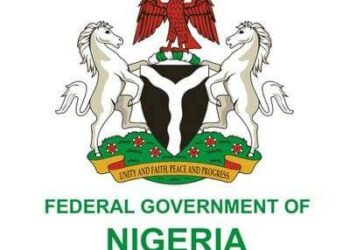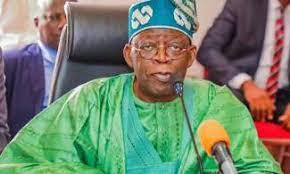President Bola Tinubu’s directive on mandatory procurement of Compressed Natural Gas (CNG-powered) vehicles by all government institutions is getting a boost with a Chinese firm’s desire to invest in the project.
The federal government, on Tuesday, said Nigeria offers huge business potential for investment in compressed-natural-gas-powered vehicles.
According to a statement issued on Wednesday by the Personal Assistant to the Permanent Secretary on Media, Mr John Ameh, the Permanent Secretary of the Federal Ministry of Petroleum, Amb Nicholas Agbo Ella, met with officials of a Chinese company, Wen Advisor Tuesday, in Abuja.
Amb Ella said the investment opportunities in the use of the natural gas industry are enormous in Nigeria.
He explained that the President’s policy on gas infrastructure development tallies with global best practices in the use of cleaner energy for environmental sustainability, a statement by the Permanent Secretary’s media aide, John Ameh, said.
Speaking at the meeting, the Director of Upstream Department at the ministry, Engr Kamoru Busari, expressed the government’s readiness to provide an enabling environment for investment to thrive.
Earlier, the Managing Director of Wen Advisor, Haikuo Weng, said he was in Nigeria with his team to explore possible areas of investment in the CNG-powered vehicles project.
Mr Weng explained that to develop a CNG gap pump station, it was necessary to ascertain whether local buses in Nigeria currently use liquefied natural gas (LNG) or the CNG.
In an earlier letter of collaboration for what Mr Weng called ‘Green Transportation Solutions,’ he pledged to introduce CNG buses with competitive pricing.
To assist Nigeria in its energy transition efforts in the transportation sector, Mr Weng said he was in the country to “assess the potential for establishing natural gas refuelling stations.
It will be recalled that President Tinubu’s recent directive was in furtherance of Nigeria’s effort to transition to cleaner energy as CNG-enabled vehicles have been considered to produce lower emissions, thereby safeguarding the environment.
The policy also seeks to present a more affordable alternative for Nigerian energy consumers.




